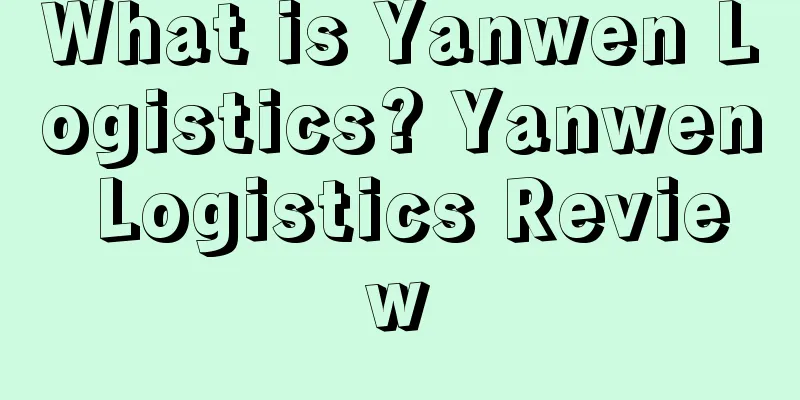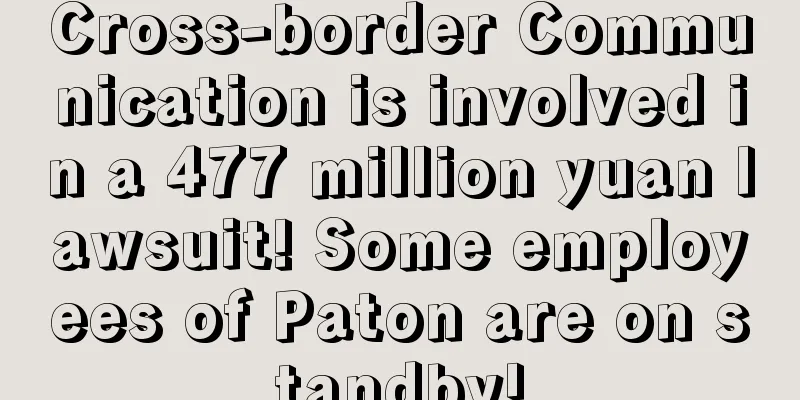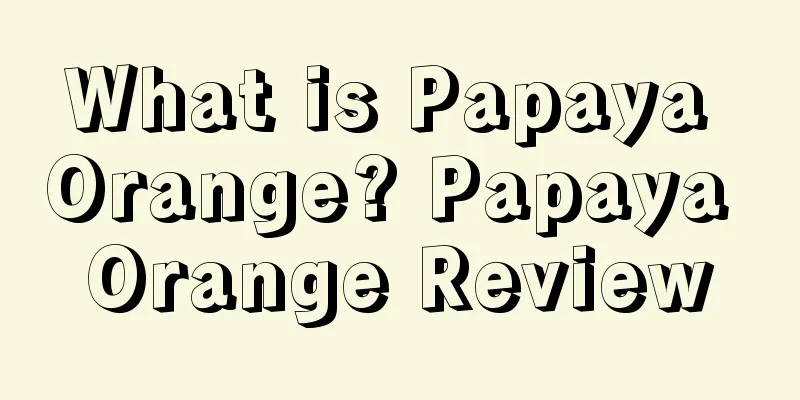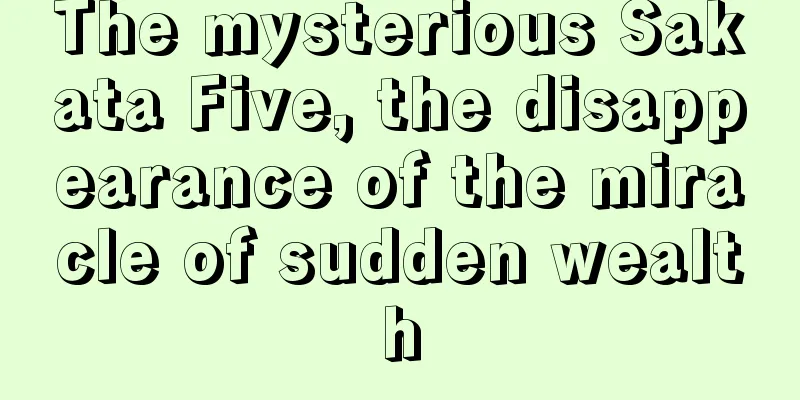What is the Malaysian Customs Department (JKDM)? Malaysian Customs Department (JKDM) Review
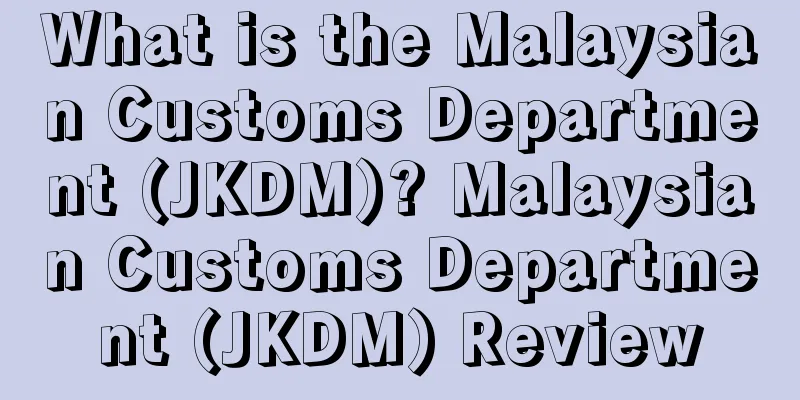
|
Royal Malaysian Customs (KDRM) is a government agency responsible for implementing Malaysia's national indirect taxation policy, border enforcement and drug crime. KDRM implements seven principal laws and 39 subsidiary laws. In addition, KDRM also implements eight laws on behalf of other government departments. When Ibrahim Jaapar took over as the head of the department in 2009, KDRM is now known as the Royal Malaysian Customs Department (JKDM) (RMC or JKDM). Headquarters Jabatan Kastam Diraja Malaysia, Kompleks Kementerian Kewangan No 3, Persiaran Perdana, Presint 2, 62596, Putrajaya Established in 1931 Official website www.customs.gov.my Related History During the Malacca Sultanate (Malacca Dynasty) era, maritime and port laws were related to the tax structure involving foreign and local merchants, with the Minister of Finance in charge of all tax-related matters, including customs officials. Responsible for the collection of revenues was the Harbour Master, who was given power by the King to enforce the port laws and regulations. With the establishment of the Straits Settlements (including Singapore, Penang, Malacca, Labuan and Perak) in 1826, tax administration was supervised by the Governor and a committee directly responsible to the government. The Governor of Calcutta, India, was controlled by the East India Company's Board of Directors. Excise taxes were levied on rice wine, palm wine, domestic opium, etc., and customs duties were levied on opium, tobacco, alcohol, whips, etc. imported from China. In 1904 a new legislation was introduced called the Excise Revenue Act II, which was intended to control import tax revenue on all alcoholic beverages. On 1 January 1907, a new position of Inspector of Trade and Customs was created. On the same day, legislation entitled the Customs Regulation Bill was introduced with the approval of all four state legislative councils. In 1908 the title of the Trade and Customs Inspector was changed to Trade and Customs Commissioner. In 1918, tax stations were set up in Singapore, Perai (1919) and Malacca (1922) to collect export taxes on goods brought out by train. In 1937, the Straits Settlement Customs and Excise Department was formally established as HM Customs and Excise. Later, the Customs established the Collection Department and the Prevention Department to supervise customs activities. In 1938, ship searches were introduced to curb smuggling activities. On 31 August 1957, the Customs structure was reorganised again to meet the needs of Malaya's independence. The administration of the Customs Department came under the Ministry of Finance and was headed by an Auditor General of Customs who was accountable to the Minister of Finance. On 16 September 1963, the customs administrative structure was reorganised again when Sabah, Sarawak and Singapore joined the Federation of Malaysia. The customs department was divided into three main regions, Peninsular Malaysia (then known as West Malaysia), Sabah and Sarawak, each headed by a regional director general of customs. In 1972, the tax legislation of the Sales Tax Act 1972 was declared in the Official Gazette as Act No. 64 of the Laws of Malaysia and came into force on 29 February 1972. The tax, known as sales tax, is levied on all imported and local products except those exempted under the Sales Tax (Exemption) Order 1972 or those manufactured by manufacturers exempted from the need for a licence under the Sales Tax (Exemption) Order 1972. In 1975, the government introduced legislation for the Service Tax Act 1975. This enabled the ministry to levy service tax on business premises that provide services and goods that are taxable under the Second Schedule to the Service Tax Regulations. The enforcement of the Motor Vehicle Tax Act, which came into effect on January 1, 1984, has also helped to increase tax revenues in the sector. With the enforcement, all motor vehicles carrying certain goods leaving or entering the country, whether fully loaded or empty, (unless those exempted) will be taxed. In 1987, Langkawi was declared independent from the main customs area and became Malaysia’s second free port after Labuan. In 1995, the Royal Malaysian Customs once again reorganized its structure. On October 23, 1998, the then Minister of Finance, in his 1999 Budget Speech presented in the People's Assembly, announced that a tax on windfall profits would be levied from January 1, 1999 to help the government to generate additional revenue. Main Responsibilities - Taxation; - Facilitate legitimate trade; - Promote trade and industrial development; - To safeguard national economic, social and security interests. organize Five departments, four ministries and one academy: Law Enforcement Department, Compliance Management Department, Customs Department, Domestic Taxation Department, Management Services and Human Resources Department, Technical Services Department, Corporate Planning Department, Legal Department, Information Technology Department, Royal Malaysian Customs Academy
References
|
<<: What is Grandecha Global? Grandecha Global Review
>>: What is Dian Xiaobao? Dian Xiaobao Review
Recommend
What is DealNews? DealNews Review
DealNews is an online deals website founded in 199...
What is Keyword Eye? Keyword Eye Review
Keyword Eye is a visual keyword and competitor res...
What is Wangji? Wangji Review
Wangji Technology was founded in 2014. It is the f...
Scooters sold on Amazon and other platforms are recalled by CPSC! 6 injuries reported
It is learned that the U.S. Consumer Product Safet...
Amazon's brand registration, how can a brand authorize multiple stores to use it at the same time?
The reason for writing this article today A brand ...
What is DOTD (Deal of the Day)? DOTD (Deal of the Day) Review
DOTD ( Deal of the Day ) is a free flash sale even...
Under the pressure of high inflation, the growth of pet supplies sales in the United States has slowed down!
<span data-docs-delta="[[20,"获悉,据外媒报道,受通货膨...
Amazon warehouse bursts ahead of schedule! 200,000 containers piled up at ports
According to foreign media reports, as of October...
Cross-border winter! How can small and medium-sized sellers save themselves under the new mask export regulations?
Today, I believe everyone has been flooded with th...
US grocery giant Kroger will build its own logistics to improve e-commerce delivery efficiency
It is learned that on April 20, American grocery g...
What is cross-border logistics? Cross-border logistics review
Cross -border logistics refers to the planning, im...
How to optimize SP ads? Don’t ignore these six Amazon advertising reports
For sellers using SP ads, having a report that can...
What is Tobee Technology? Tobee Technology Review
Tuofeng Technology (Hangzhou Tuofeng Information T...
What is BrandAlley? BrandAlley Review
Brandalley is a French company and a famous French...
Amazon begins to implement new FBA policies! Sellers' costs will be reduced!
text Recently, many sellers have received invitat...

